Jamaica Blue Mountain Highland Coffee Blue Mountain Coffee introduces boutique coffee beans St. Thomas producing area
Blue Mountain Coffee, even friends who don't drink coffee may have heard of Blue Mountain Coffee and know that Blue Mountain Coffee is the best coffee in coffee. According to the coffee book, Blue Mountain is the only bitter and sour coffee in the world that people can enjoy. Just drink it. Because Jamaica Blue Mountain is so famous, there will be a lot of coffee marked Blue Mountain Coffee on the market.
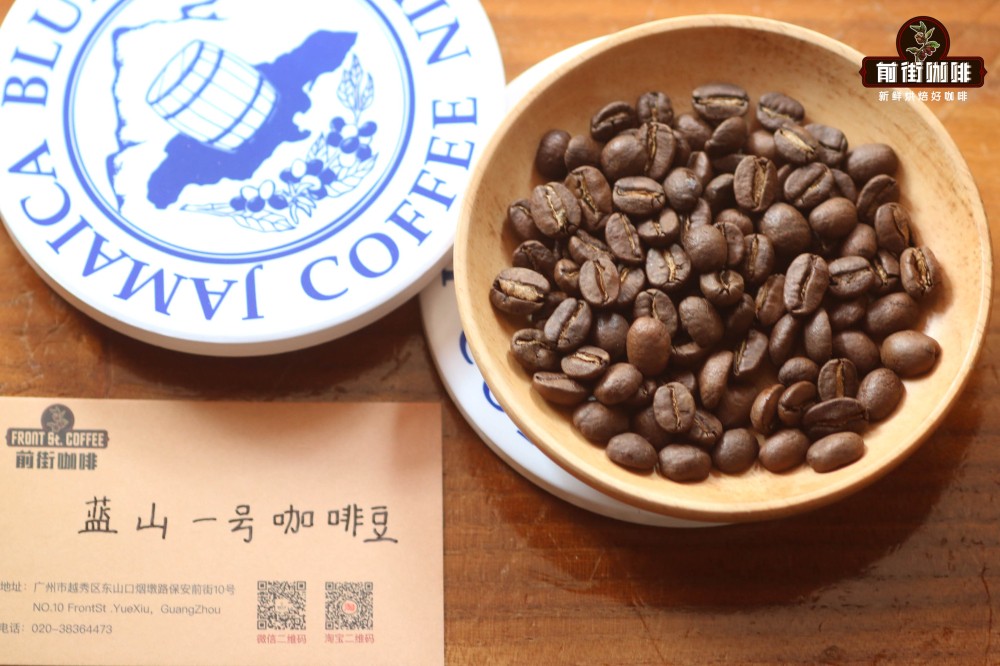
Qianjie believes that it was really difficult to buy real blue mountain coffee in the past, because blue mountain Japan had the right to buy blue mountain coffee beans before 2009, monopolizing more than 80% of blue mountain coffee beans. However, the Jamaican government ended Japan's preemption right after 2009. Due to the huge market demand in China, Blue Mountain has been imported normally for many years. Blue Mountain coffee garden owners have also visited China in recent years to further let Chinese consumers know about Blue Mountain coffee beans. The Blue Mountain of the Chinese market is not rare to the extent that it is fake. Now the producing area of Jamaican Blue Mountain Coffee is larger than before, and the consumption power of Japan has become weaker recently, so the real Jamaican Blue Mountain Coffee is also sold in China, as long as you know how to identify it, you can buy the real thing.
In front of the street, let's take a look at Blue Mountain Coffee:
Blue Mountain Coffee refers to coffee brewed from beans from the Blue Mountains of Jamaica. According to the grade, it is divided into Jamaica Blue Mountain Coffee and Jamaican Alpine Coffee. The Blue Mountains are located in the eastern part of the island of Jamaica, hence its name because it is surrounded by the Caribbean Sea. On clear days, the sun shines directly on the blue sea, and the peaks reflect the bright blue light of the sea. The highest peak of the Blue Mountains, which is 2256 meters above sea level, is the highest peak in the Caribbean and a famous tourist attraction. Located in the earthquake zone, with fertile volcanic soil, fresh air, no pollution, humid climate, foggy and rainy all the year round (the average precipitation is 1980 mm, the temperature is around 27 degrees), such a climate has created the world-famous Jamaican Blue Mountain Coffee and one of the most expensive coffee in the world. This kind of coffee has the characteristics of all good coffee, not only full-bodied and mellow, but also because of the perfect combination of sweet, sour and bitter coffee, it has no bitter taste at all, only a moderate and perfect sour taste. So Blue Mountain Coffee is the most mellow coffee in the world.
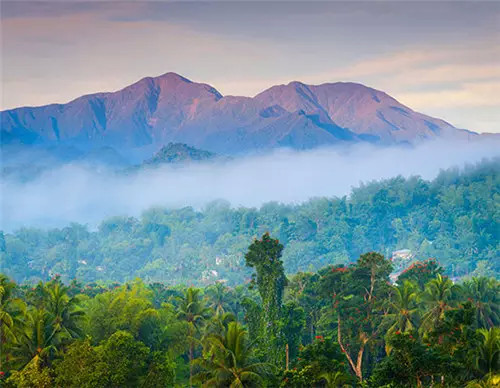
Although Blue Mountain Coffee tastes good, the requirements for coffee beans are also very strict. In 1950, the Government of Jamaica established the Jamaica Coffee Industry Committee (the Jamaica Coffee Industry Board), which sets quality standards for Jamaican coffee and oversees the implementation of quality standards to ensure the quality of Jamaican coffee. The Commission awarded special official seals to raw and roasted coffee exported from Jamaica, which is the highest-level national coffee institution in the world. The origin of Blue Mountain Coffee can be represented by Mavis Bank Coffee Factory (M.B.C.F), Blue Mountain Coffee Co-operative Factory (M.H.C.C.T.), Portland Blue Mountain Coffee Cooperative Factory (P.X.X.S.H.), Coffee Industry Association (Wallenford), Coffee Industry Association (St. John Peak) and J.A.S. There are also some manor grades that are marked on the barrel.
Three major producing areas of Blue Mountain Coffee
The Blue Mountain area is a small area with a planting area of only 6000 hectares, and it is impossible to grow all the coffee marked "Blue Mountain" there. Another 12000 hectares are used to grow two other types of coffee (non-Blue Mountain Coffee): Alpine Top Coffee and Jamaican Coffee.
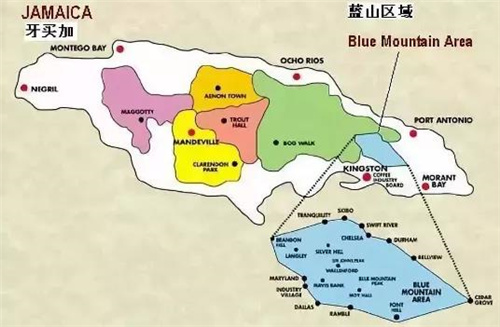
Today, St. Andrew is still one of the three major producing areas of Blue Mountain Coffee, while the other two are Portland and St.Thomas. Some small estates also grow Blue Mountain Coffee, such as WallenfordEstate, SilverHillEstate and AtlantaEstate in J.Martinez. Even the largest landowners in the region are small-scale growers by international standards, many of whom are small landowners whose families have been working on the land for two centuries.
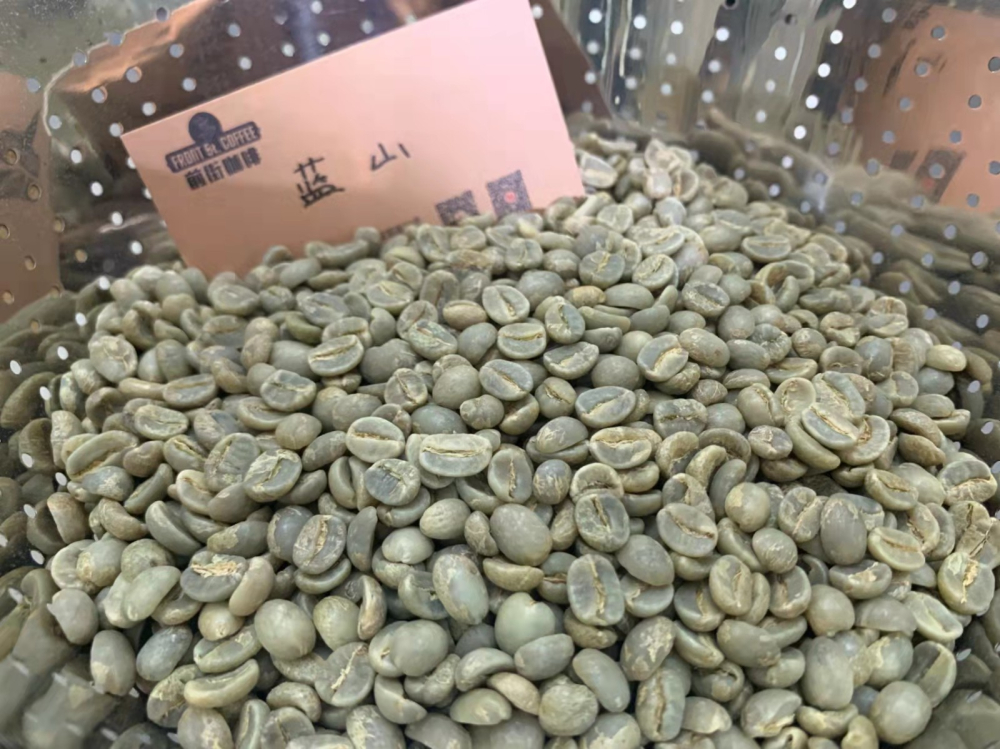
Blue Mountain coffee beans are full in shape and slightly bigger than ordinary beans. Its taste is very subtle, sour, fragrant, mellow, sweetness is uniform and strong, slightly bitter, harmonious taste, excellent flavor, suitable for individual coffee. It uses medium roasting (Medium Roast) to maximize the original taste of the coffee and enhance its aftertaste.
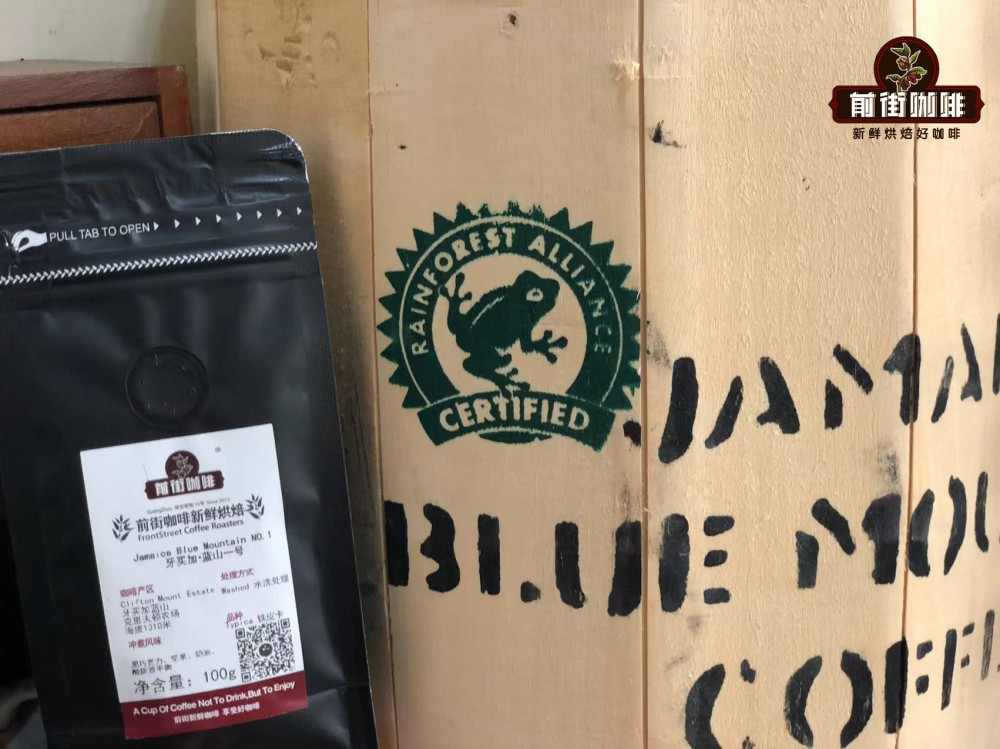
Qianjie Lanshan Coffee comes from Clifton Manor. The basic standard of raw beans of Lanshan No. 1 coffee is beans with more than 17 mesh, defect rate less than 2%, moisture content about 13%, etc., which looks like full grains, uniform size and blue-green raw beans. The flavor is both sour, sweet, bitter, fragrant and mellow. Clifton Manor (Clifton Mount Estate) is the oldest coffee farm still in operation in Jamaica, and only has the symbol of "tropical rainforest" in Jamaica. It is recognized as one of the world-famous Blue Mountain Coffee Manors.
Let's take a look at the classification of Blue Mountain Coffee and find out what kind of Blue Mountain Coffee you usually drink:
Blue Mountain Coffee
(Jamaica Blue Mountain Coffee), of which Blue Mountain Coffee and Alpine Coffee are each divided into four grades. From top to bottom in terms of quality, NO.1, NO.2, NO.3 and PB,PB are round beans. According to CIB standards, only coffee grown above 666m above sea level is called Jamaican Blue Mountain Coffee.

Alpine coffee
(Jamaica High Mountain Supreme Coffee Beans) the coffee produced in the Blue Mountain area of Jamaica is called Alpine Coffee, which is second only to Blue Mountain Coffee in quality, and is called the brother breed of Blue Mountain Coffee by industry insiders. Jamaica Blue Mountain caffeine produces very little, so if you want to taste Jamaican flavor coffee, then Jamaican Alpine Coffee is your best choice.
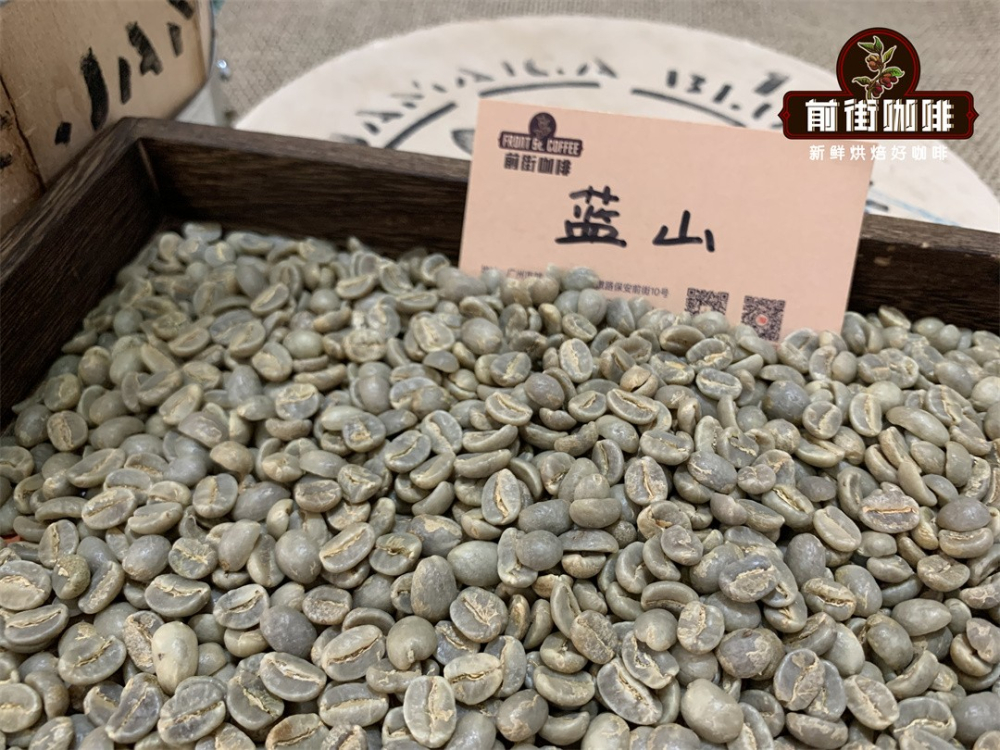
Jamaican Coffee
(Jamaica Prime Coffee Beans). Coffee is grown outside the Blue Mountains and is called Jamaican coffee. It turns out that people in the coffee industry in China generally have a wrong understanding that only coffee grown in the Blue Mountains above 1800 meters above sea level can be called Blue Mountain Coffee. In fact, there is only one manor on the top of the Blue Mountains above 1800, that is, Amber, which is of Chinese descent. The owner of the manor is surnamed Lin (Lin). Originally from Guangdong, China, the manor has a land area of only 30 hectares and its output is very small. Blue Mountain Coffee is mainly distributed in 5 mountainous areas such as John Crow,St.John's Peak,Mossman's Peak,High Peak,Blue Mountian Peak in the Blue Mountains.
Blue mountain coffee bean variety
Jamaican Blue Mountain Coffee belongs to the variety of tin pickup, which belongs to the Arabica variety with pure taste and has a long history of cultivation. Typica's Blue Mountain Coffee has a dark chocolate flavor, not milk chocolate, but a dark chocolate flavor with a purity of more than 92, which is brought by the pure variety of Typica. Typica coffee is very resistant to leaf rust. Typica coffee, which was widely cultivated in Central and South America, has been constantly changed because of the spread of leaf rust. However, due to the geographical advantages of Jamaica, Typica is still the main variety here, and the incidence of leaf rust is very low.
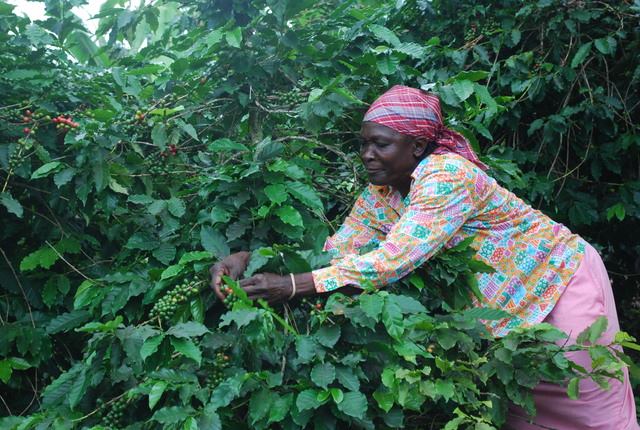
The tree shape of the iron pickup is tall, and there will be red copper leaves at the top, so it is often called red top coffee. Iron pickup has a pure and elegant flavor, but its physique is weak, disease resistance is poor, and the yield of a single plant is very small. This is also the reason why there are fewer and fewer varieties of tin card coffee. It has been more than 200 years since iron pickup was introduced to Blue Mountain in the 18th century, and the iron pickup of Blue Mountain has also adapted to the local island type and evolved a better ability of disease resistance, among which the coffee berry disease will be much stronger than the general tin card.
Before the Blue Mountain Coffee Bean treatment, Blue Mountain Coffee was only washed, but with the advance of boutique coffee, the Blue Mountain batch of sun treatment was first tried at Clifton Farm in 2019. Although the sun blue mountain coffee is not easy to come from, Qianjie believes that washed blue mountain coffee can better reflect the essential flavor of coffee, so almost all the rations and beans in Qianjie are washed. Of course, there is Blue Mountain Coffee with sun and water treatment in the front street.
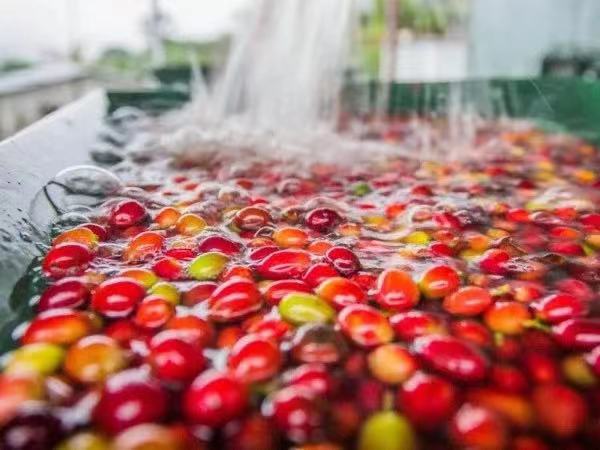
The picking process of Blue Mountain Coffee Tree on the rugged hillside is so difficult that non-local skilled female workers are simply unable to do it. It is very important to choose the right ripe coffee beans when picking. Immaturity or ripeness will affect the quality of the coffee. The picked coffee beans are shelled on the same day, and then let them ferment for 18 hours. After that, the coffee beans were cleaned and screened. The subsequent process is to dry, which must be carried out on the cement floor or on a thick blanket until the humidity of the coffee beans drops to 12% 14%. And then store it in a special warehouse. Take it out and roast when needed, then grind it into powder. These procedures must be strictly mastered, otherwise, the quality of coffee will be affected.
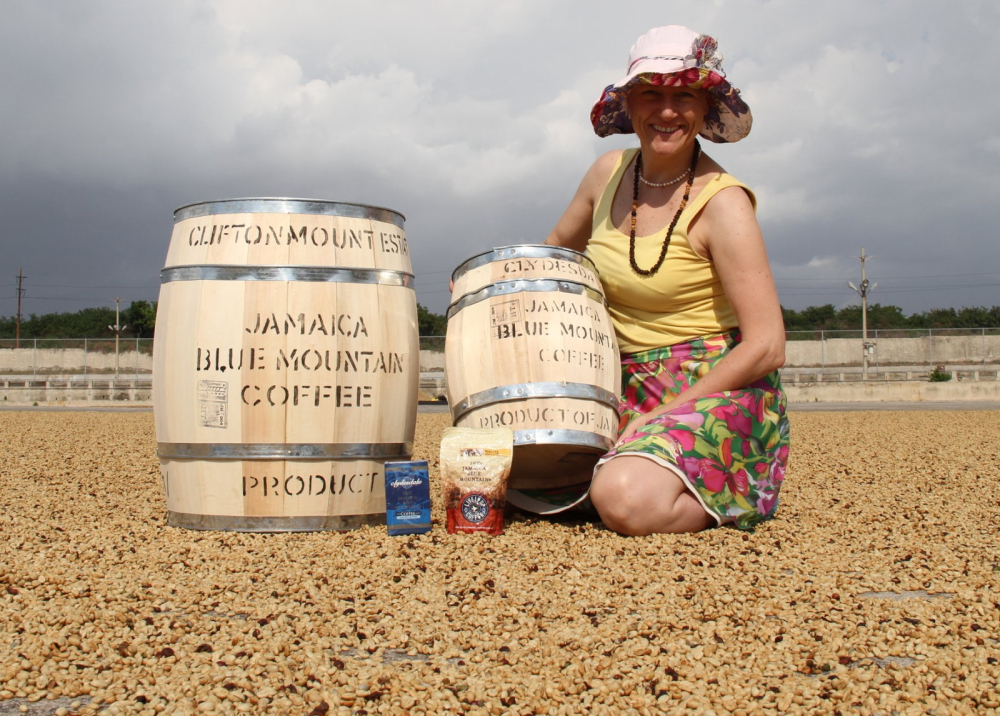
Suggestion on brewing coffee in Qianjie
Blue Mountain Coffee, whether it is raw beans or cooked beans, is particularly beautiful. In the face of such beautiful coffee beans, I really don't want to waste any of them. Of course, Qianjie believes that no matter what coffee beans are, try not to waste them and make a delicious cup of coffee.
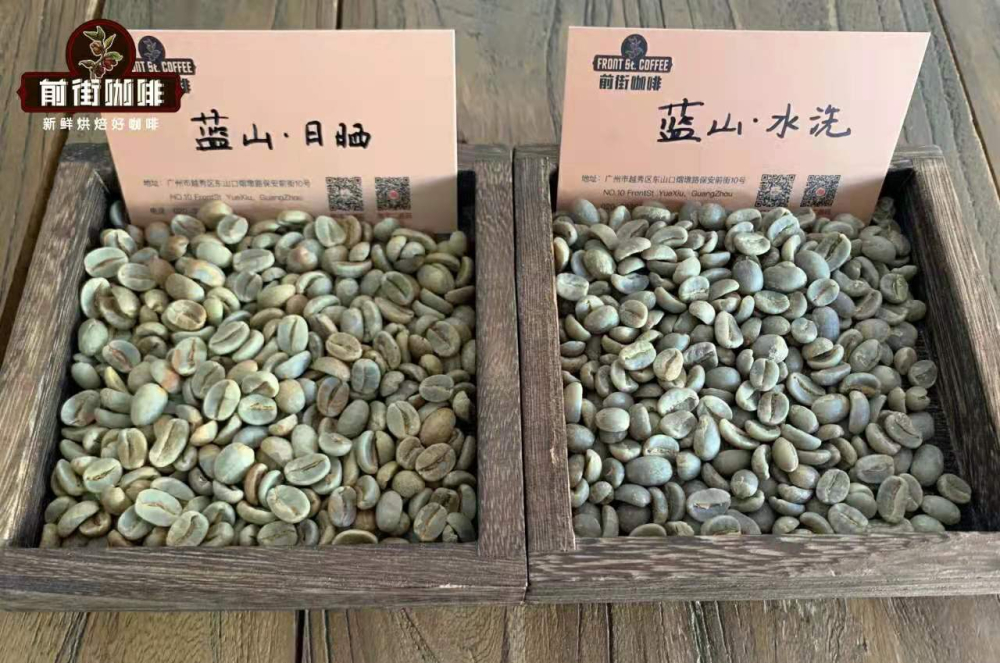
If you want to make a good cup of coffee, what you need is not only the variety of coffee, but also the freshness of coffee beans. Qianjie believes that the freshness of coffee beans is a very important part of brewing. The coffee beans shipped in Qianjie are all roasted within 5 days, because Qianjie is well aware that the freshness of coffee beans has a great impact on the flavor. The purpose of Qianjie roasting is "freshly roasted coffee", so that every guest who places an order is the freshest coffee when he receives it. The bean cultivation period of coffee is about 4-7 days, so when the guest gets it, it is the time when the flavor is the best.
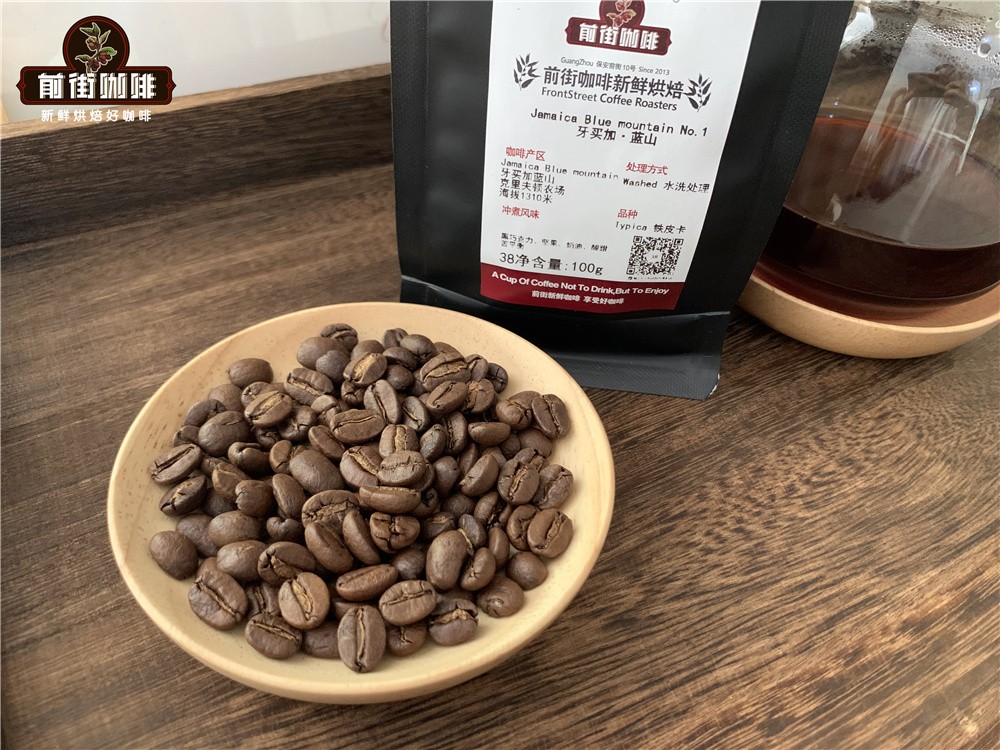
Of course, there are some customers who need help grinding powder in front of the street, which doesn't matter, but Qianjie has to warn: if the coffee beans are ground ahead of time, there is no need to raise the beans, because in the process of transportation, the pressure caused by carbon dioxide in the package can also make the coffee flavor mellow, so when you receive the coffee powder, you can immediately make a cup of coffee to drink. But the coffee powder needs to be brewed in time, because the coffee powder oxidizes more quickly after contact with the air, that is to say, the flavor of the coffee will dissipate more quickly, and the flavor of the coffee is not so good. Therefore, Qianjie suggests buying whole beans, grinding and flushing now, so that we can better taste the flavor of coffee.
Qianjie brewing Blue Mountain Coffee parameters:
Qianjie Coffee brewed the Jamaican Blue Mountain beans with a powder-to-water ratio of 1:15 and a grinding degree of 20 with a standard pass rate of 75%. Because Qianjie Coffee in order to highlight the characteristics of Blue Mountain Coffee is balanced, mellow and soft acidity, so the water temperature of 88 degrees is fine. In the choice of filter cup, first consider the KONO filter cup, Qianjie considered that the two blue mountain beans are using a deeper degree of roasting, the deeper the roasting degree, the faster the dissolution rate of coffee substances, in order to avoid over-extraction, Qianjie uses a lower water temperature for extraction, but also uses a lower flow rate of Kono filter cup, in order to ensure that coffee substances are extracted as far as possible under low water temperature conditions.
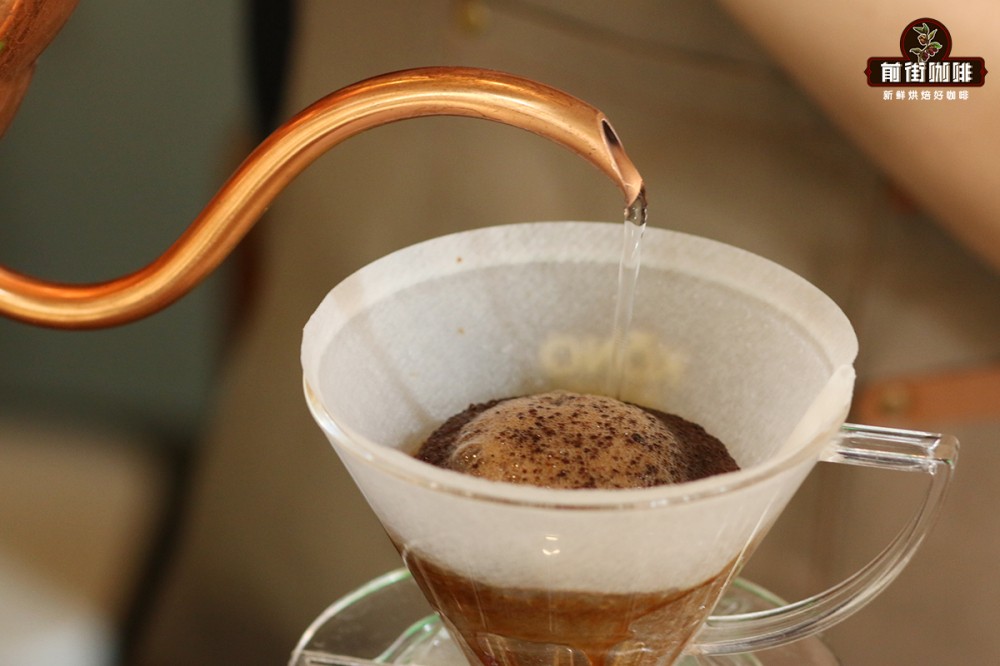
The cooking parameters used in the front street are: Kono filter cup, 88C water temperature, powder / water ratio at 1:15, powder weight of 15g, grinding degree (75% of standard sieve 20).
Qianjie adopts segmented extraction, that is, three-stage water injection method, using 30g water to steam for 30s, the first small flow is injected around the circle to 125g water cut off, and the second stage water injection is continued when the liquid level is about to expose the powder layer. the total extraction time (calculated time from the beginning of water injection) is 225g.
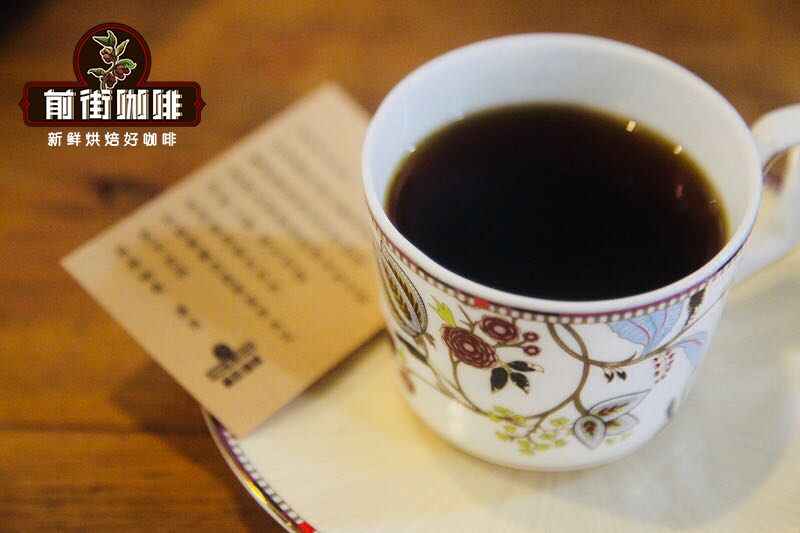
Blue Mountain Coffee Flavor description [Front Street Sun Blue Mountain Coffee] slightly sour berries, reminiscent of black plums and mulberries, with a good overall balance, dark chocolate and nutty flavors, with a slight sense of fermentation. [Qianjie washed Blue Mountain Coffee flavor] dark chocolate, nutty flavor, creamy smooth taste, sweet and sour balance.
After reading the introduction of Blue Mountain Coffee in Qianjie, do you know what kind of Blue Mountain Coffee you usually drink? Of course, although Blue Mountain Coffee is delicious and aftertaste, it is a very good coffee for friends who do not like sour or bitter, but not everyone likes Blue Mountain Coffee, that is to say, if you do not know what flavor of coffee you like, you can choose the rations beans in front of the street. The rations beans in front street are representatives of coffee from different countries, and the performance-to-price ratio is very high! Through rations beans to choose their favorite coffee, this is a very good choice!
Professional coffee knowledge exchange more coffee bean information please follow the coffee workshop (Wechat official account cafe_style)
For more boutique coffee beans, please add private Qianjie coffee on Wechat. WeChat account: qjcoffeex
Important Notice :
前街咖啡 FrontStreet Coffee has moved to new addredd:
FrontStreet Coffee Address: 315,Donghua East Road,GuangZhou
Tel:020 38364473
- Prev
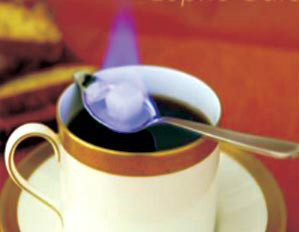
Introduction to the treatment method of Panamanian Coffee produced by Fine washing
[handling method]: fine washing treatment [special certification]: green rainforest certification [baking degree]: shallow baking city- [flavor description]: oolong tea, peach, honey, fresh and comfortable, bright and balanced, strong hierarchical aroma, the whole aroma is wrapped with caramel sweetness, the tip of the tongue feels sour at the entrance, but it is mild and round in the mouth.
- Next
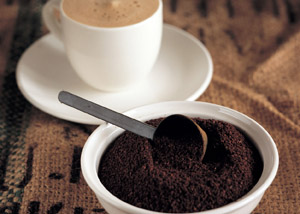
Hawaiian Kona Coffee introduces boutique coffee beans in the Manoa Valley area of Oahu.
The climate is very suitable, the sun in the morning gently passes through the air full of water vapor, in the afternoon, the mountains will become more humid and foggy, and the white clouds surging in the air are natural umbrellas for coffee trees, and the evening will become sunny and cool. Suitable natural conditions make the average yield of Kona coffee very high, reaching 2240 kg per hectare, while in Latin American coffee.
Related
- Does Rose Summer choose Blue, Green or Red? Detailed explanation of Rose Summer Coffee plots and Classification in Panamanian Jade Manor
- What is the difference between the origin, producing area, processing plant, cooperative and manor of coffee beans?
- How fine does the espresso powder fit? how to grind the espresso?
- Sca coffee roasting degree color card coffee roasting degree 8 roasting color values what do you mean?
- The practice of lattes: how to make lattes at home
- Introduction to Indonesian Fine Coffee beans-- Java Coffee producing area of Indonesian Arabica Coffee
- How much will the flavor of light and medium roasted rose summer be expressed? What baking level is rose summer suitable for?
- Introduction to the characteristics of washing, sun-drying or wet-planing coffee commonly used in Mantenin, Indonesia
- Price characteristics of Arabica Coffee Bean Starbucks introduction to Manning Coffee Bean Taste producing area Variety Manor
- What is the authentic Yega flavor? What are the flavor characteristics of the really excellent Yejasuffi coffee beans?

